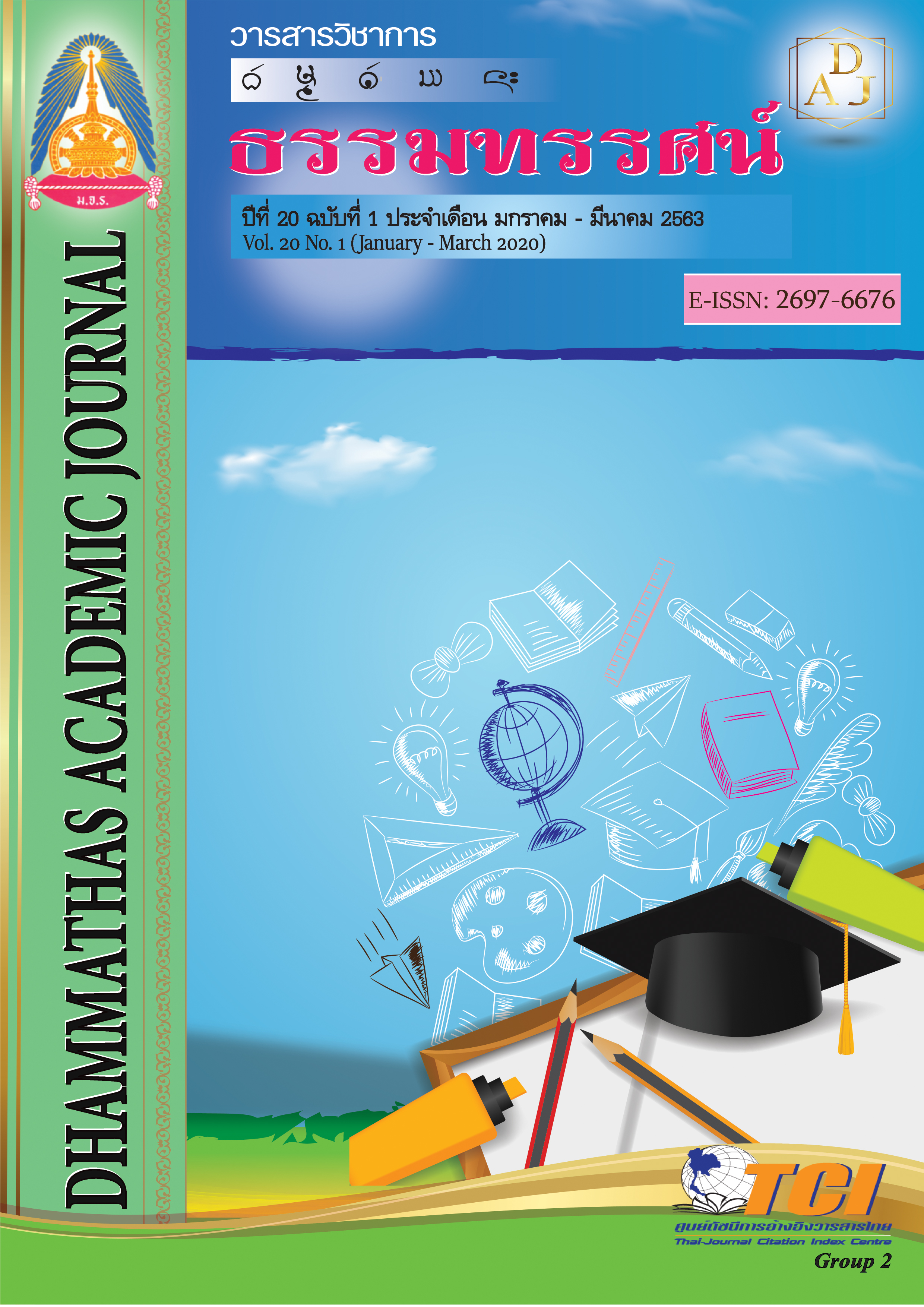The Dissertation Synthesis of Educational Administration Rajabhat University in Dissertation
Main Article Content
Abstract
The purposes of this study were as follows: 1) to classify the Educational Administration Ph.D. researches based on research methodology of Rajabhat University, 2) to know the knowledge gained from the findings in the synthesis of the Educational Administration Ph.D. researches of Rajabhat University, 3) to provides knowledge-oriented policy from result. The sample's sampling specific query about the number 464, the research tool is questionnaire, the study analyzed data from SPSS (Statistical Package for the Social
Science), analysis of knowledge from research techniques to content analysis.
The research findings revealed as follow:
1. Classification results of the dissertation thesis Major in Educational Administration of Rajabhat University. The concept of research was classified based on the conceptual framework in the field of educational administration which was divided into five issues, administrator, organization, politics and economics, finance and special topics.
2. The results of the study and analysis of the knowledge obtained from the findings of the 464 dissertation thesis related to the administration of education. The researcher found that there are 16 issues: 1) the skills of the Leader, 2) the administrative behaviors, 3) the Efficiency of the management, 4) the female administrators, 5) authority of organization 6) leadership, 7) work motivation8) organizational change, 9) the efficiency of the organization, 10) economics of educational, 11) educational budget, 12) political and educational policies, 13) policy analysis, 14) quality assurance of education, 15) research and education, 16) other.
3. Policy knowledge based on research results. The results of the research. The researcher has policy recommendations to be applied in the development of Thai education in the future. 1) Policy proposals for the executive. 2) Policy recommendations for the organization. 3) Policy recommendations in economics and finance. 4) Policy recommendations for education. 5) Policy recommendations for educational quality assurance and 6) Policy recommendations for educational research.

